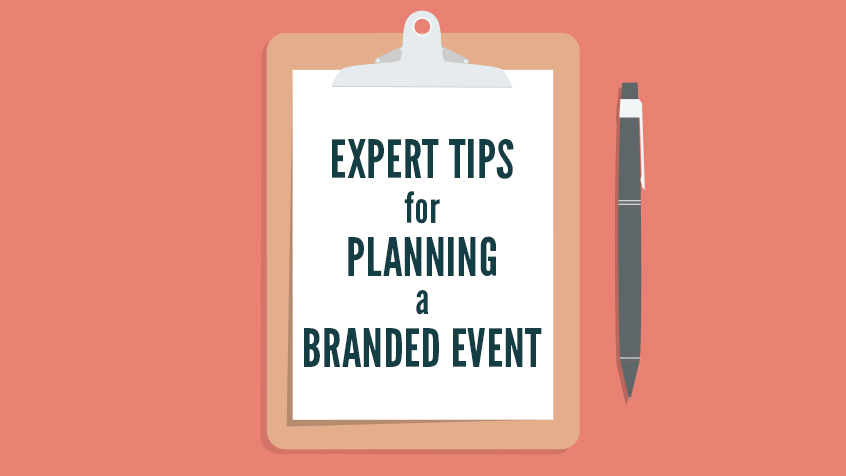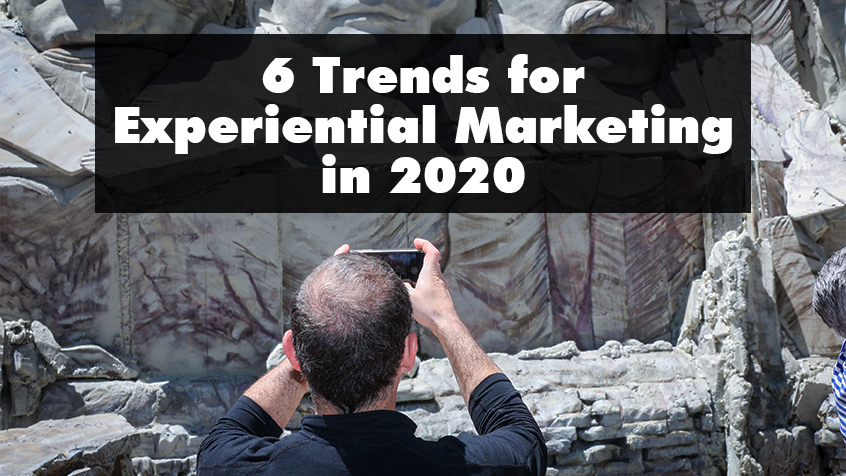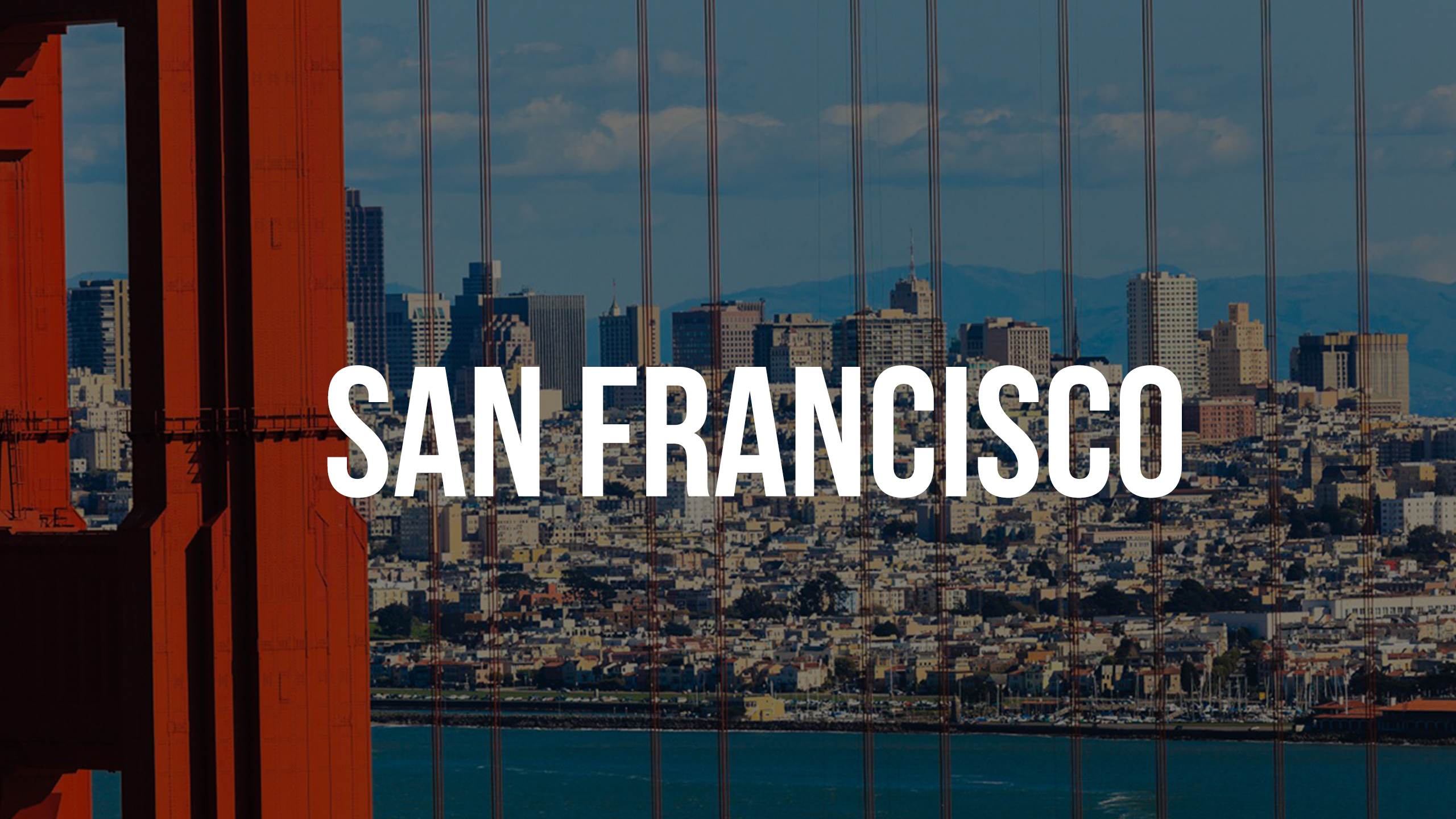Today’s audiences are interested in and motivated by memorable experiences. More and more we are seeing brands branching out, utilizing events as a way to communicate with and provide value to consumers. In fact, 84% of marketers say events and experiences are a key part of integrated marketing campaigns.
From conventions and trade shows to festivals and pop-ups, brands are meeting the rising consumer need in a variety of ways. Every day, new and exciting methods are being created to reach audiences in meaningful ways. Engagement that helps them truly experience what it means to be a part of the brand.
When pulling off this type of personal, engaged event, consider the following professional planning techniques. When created and executed to perfection it will allow your brand’s unique style and creativity to shine.
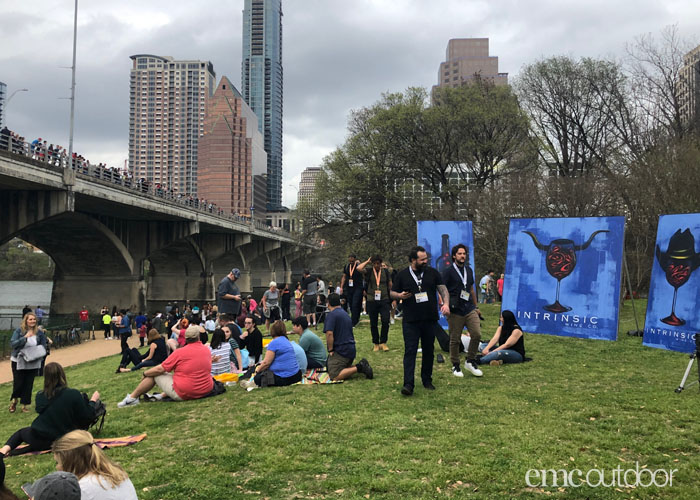
Intrinsic Wine Co. mural painting event at SXSW.
The Recipe for Success
For a branded event to be effective and impactful, it’s important that all of the elements come together in a planned and organized manner. This type of coordinated strategy requires organizers to establish a process, build a high-performance team, and form an environment open to creative thinking. An emphasis on these things will yield incredible benefits throughout the entirety of the planning process and execution of the event.
First, team cooperation and collaboration are the lifeblood of proper event execution. An event team should consist of key personnel that are vital to steps in the process, who can coordinate at every turn to bring a plan to fruition.
Secondly, when an event is planned by experts who know how to orchestrate, you can avoid the unnecessary expenditure of time and money that occur with inexperience in the space. By streamlining the planning process, tapping established resources and anticipating tasks, you reduce costs and increase planning efficiency.
Finally, when a team is established and logistics are taken care of, it allows the creative minds the freedom to ideate and design a brand experience that will matter most to the audience. High-level creativity and planning will take your audience on the ride of their life. It will also enhance the impact and influence of your event, not just on the day, but for months afterward as people share stories, pictures, and videos of the spectacular.
Logistics Management
Logistics is the art of bringing many disparate components together into a unified event experience. Knowing how complex and multifaceted events can be, it’s important to focus on three major components of logistics management:
Organizational and Personnel Management: Developing a proper team structure will place key personnel in the roles required to coordinate and execute the event as you have envisioned it. Determine your team members’ skills sets and abilities and structure them in a way to complement each other that will create a foundation for success. From this point, you can assign responsibilities around those individuals who have the most experience and knowledge in each area so that they can lead the team.
Project Management: Even something as simple as the creation of a project checklist will be an impactful tool to make sure everything is taken care of before the big day. This will form into a defined timeline of scheduling, preparation, and services that need to come together for the final spectacular moment with key benchmarks to let you know that completion is on-track. Of course, for checklists and benchmarks to be effective tools, you must remember to track and document your progress against them.
Document Management: Good event planning requires meticulous document management—everything from event licenses to catering receipts. From booking venues to printing passes, it’s important that your event has every aspect of the festivities documented and itemized. Typically, event planners will maintain a single filing source (our team calls it ‘the bible’) as a last bastion for all important documentation.

Travel South Dakota Mount Rushmore experience in Chicago’s Millennium Park.
Legal & Permitting
Every event requires some level of legal considerations. From licensing and permitting to safety and security, it’s the responsibility of the planning team to research legal requirements.
An experienced event planner will know which channels they need to go down to receive the proper approvals. This often includes checking-in with local and state government contacts, transportation authorities, and filing the correct documents with the right people. Also required is a timeline to complete and file permits and documentation on time.
Common legal needs:
- Permitting and documentation for renting event space and materials
- Food and alcohol licensing
- Health permitting
- Sound and fire permits for outdoor events
- Insurance and COIs
- Liaising with local government entities
Partner Relationship Management
When it comes to giveaways, swag, equipment and fabrications, it will be important to have partners you can trust. Tap partners with whom you have good working relationships and who are bought in to your event. Or, find experienced event planners who can provide access to these partnerships on behalf of you and your event.
Partner management scenarios:
- Sourcing event materials and solutions
- Establishing timelines and logistics
- Implementing brand standards in sourced materials (sustainable, recyclable)
- Leveraging partner relationships
- Negotiating pricing
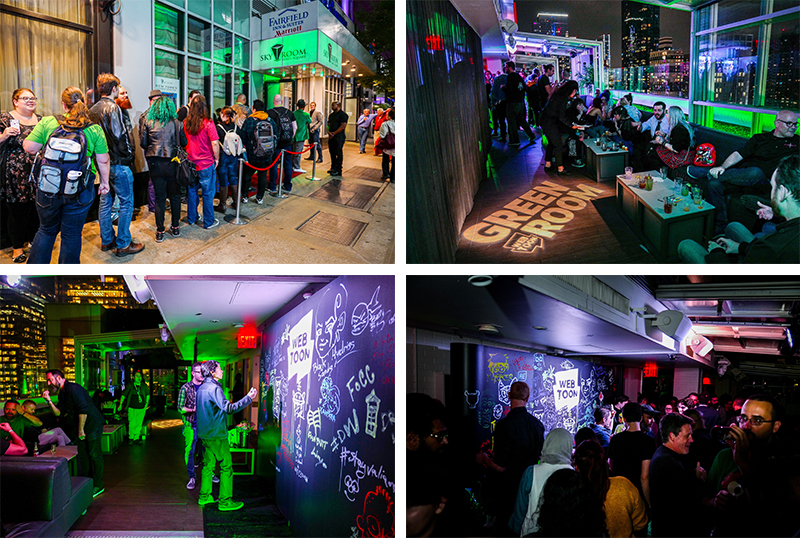
Webtoon rooftop party at New York Comic Con.
Problem Solving
Perhaps, one of the most important elements of event planning is being able to problem solve—on-site and on-the-fly. Big events have so many aspects that could potentially go wrong, whether by human error or acts of nature. Come what may, the most important characteristic of great event planning is the ability to navigate challenges and liabilities.
Communication among the team is key. Be clear about expectations and instructions and encourage dialogue up and down all channels of the event team. When issues arise, be resilient. Miscommunication, late delivery, inclement weather—find a solution that ensures your event and team don’t miss a beat.
Suppliers, vendors, the weather, and unexpected emergencies can all change your plans. Establish a plan-b, a backup strategy and solution for any element of your event that could be at risk. Be ready to implement changes at a moment’s notice with low negative impact on your event and audience.
You know EMC Outdoor as media strategists, well we have a long history of planning events for brands, too. We are dedicated to helping brands create experiences that their audience will never forget. We can orchestrate every aspect of your brand’s event planning from logistics and legal to partnerships and problem-solving.
Contact Us to learn more.

